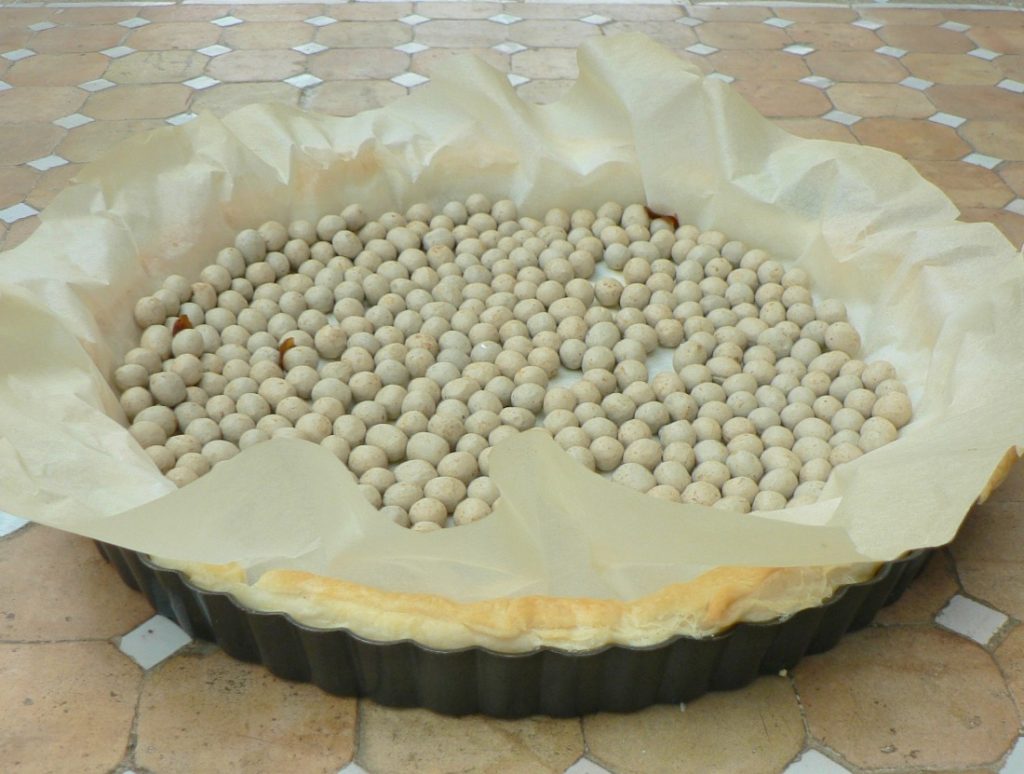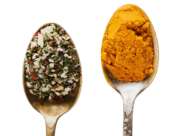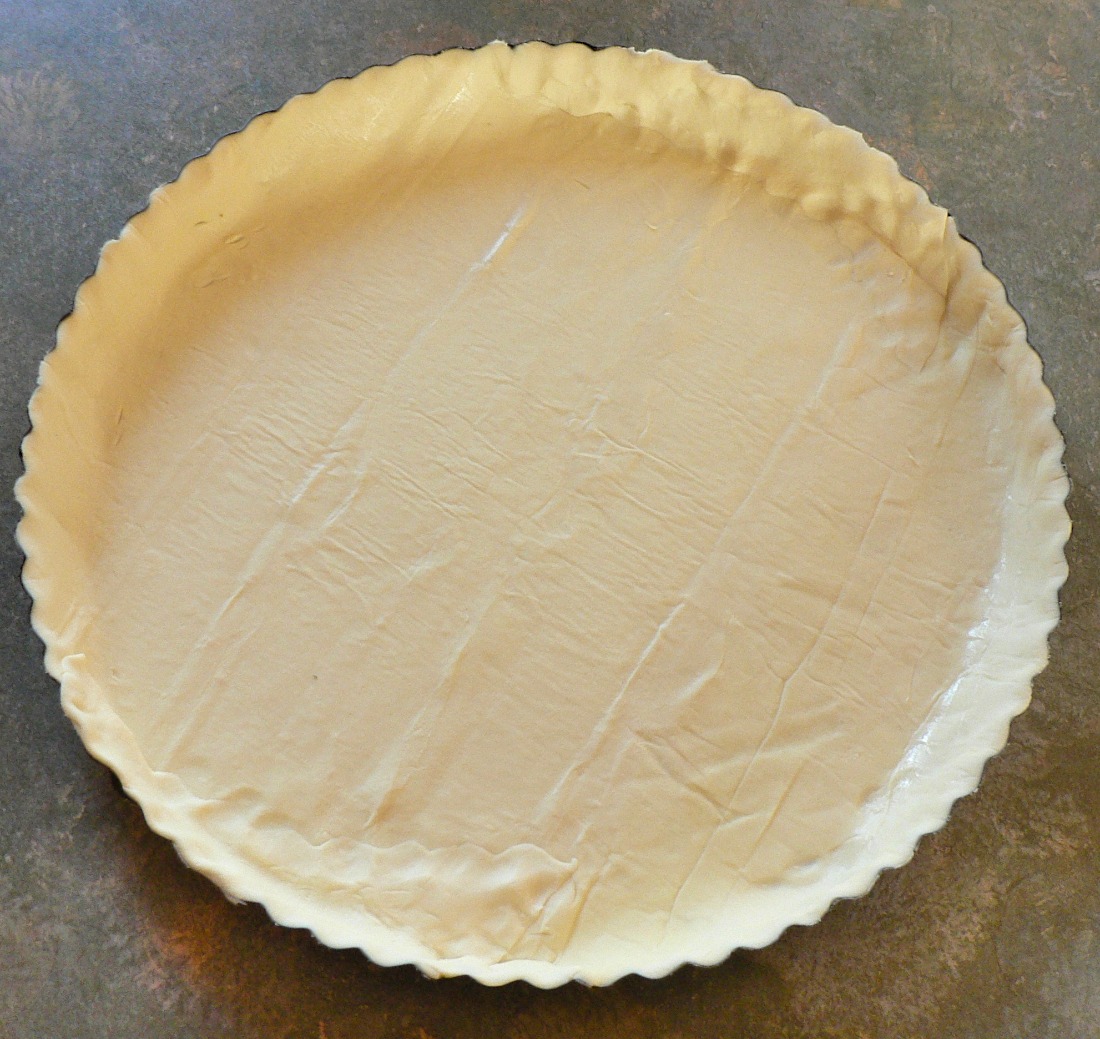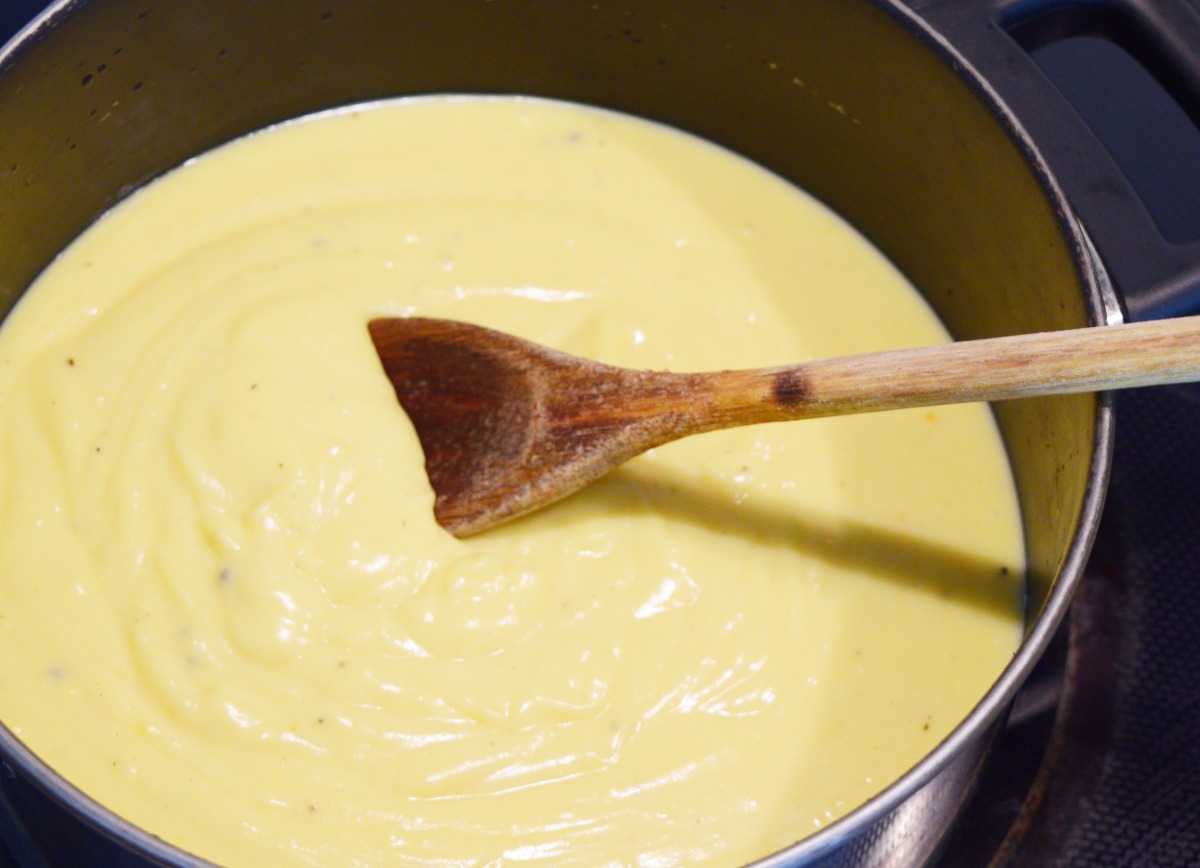Quantity: 11 inches (28 cm) pastry, makes about 14 oz (400 g) pastry dough
Time: 15 minutes plus at least 1 hour chilling time
One of the most common types of pastry is shortcrust pastry. This recipe is used for both sweet and savory pies, tarts, pastries, and quiches. The only difference is this: For savory pies and quiches use a pinch of salt, for sweet pies use sugar.
Use a 12 inches (28 cm) tart pan with removable bottom. For smaller pans adjust ingredients.
Sweet Pastry:
- 9 oz (250 g) all-purpose flour
- 4 1/2 oz (125 g) cold unsalted butter, cut into small cubes
- 1 large egg
- 2 Tbsp sugar
- pinch of salt
- 1 Tbsp cold milk if necessary
- 9 oz (250 g) all-purpose flour
- 4 1/2 oz (125 g) cold unsalted butter, cut into small cubes
- 1 large egg
- 2 Tbsp sugar
- pinch of salt
- 1 Tbsp cold milk if necessary
Savory Pastry:
- 9 oz (250 g) all-purpose flour
- 4 1/2 oz (125 g) cold unsalted butter, cut into small cubes
- 1 large egg
- pinch of salt
- 1 Tbsp cold water if necessary
- 9 oz (250 g) all-purpose flour
- 4 1/2 oz (125 g) cold unsalted butter, cut into small cubes
- 1 large egg
- pinch of salt
- 1 Tbsp cold water if necessary
Preparation:
In a mixing bowl, stir together the flour and butter until mixture resembles breadcrumbs. Add the egg, salt, and sugar (for sweet pastry only), kneading it as quickly as possible to obtain a uniform mass. If pastry feels too dry, add cold milk to the sweet pastry and cold water for the savory pastry.
Wrap it in plastic wrap and refrigerate it for at least 1 hour.
After 1 hour remove pastry ball from the refrigerator and let it warm up a bit. It will make pastry more pliable and easy to work with.
In the meantime flour rolling pin and working surface. Do not attempt to roll out your pastry straight from the refrigerator. It will be a crumbly mess. Patience! Roll it out and use as required.
A good trick for keeping the hands cold while working the dough is to run your hands under cold water beforehand.
Blind Baking:
Many recipes require that the pastry is baked before adding the filling. This process is called ‘blind baking’. As the time of blind baking depends on the type of filling, instructions are included in each recipe.




-01.jpg)